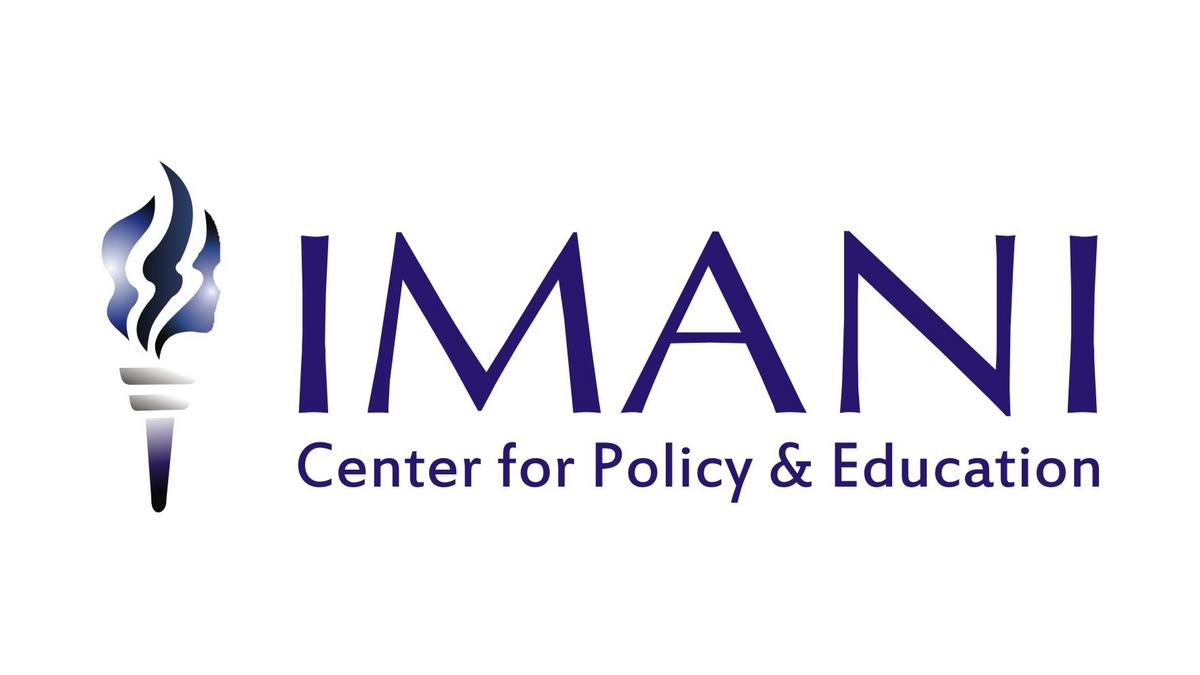Sectoare &piete • Sektorer & markeder • Sectoren en markten • Sektori & tržišta • Сектори та ринки • Τομείς δραστηριοτήτων & αγορές • Секторы & рынки • 산업 분야 • Sektorit ja markkinat • Sektorové prehľady • Сектори & Пазари • Sektorë & Tregje • Aktuality z ekonomiky • Sektoren & Märkte • Sectors & markets
Will the 2019 Budget Provide Clarity and Benefits from Ghana’s Local Content Policy & Strategy?

The Finance Minister must be looking forlornly at his computer hoping that projected tax revenues for 2019 will be enough to see the government through most of its political promises. There are even speculations about more external borrowing and the likely activation of the $50bn century bond.
However, there are little hanging fruits the Finance Minister can grab that will increase foreign investment as well as build the productive capacities of the Ghanaian and ultimately prepare us to take command of our own economy. - A coherent local content policy will help us achieve the dream.
As I write there is no comprehensive coherent framework or document that details how Ghana can maximise opportunities from an effective local content strategy. What exists are a collection of overly optimistic, business shackling and retrogressive draft papers intended to become bills and ultimately passed into laws.
IMANI agrees with the definition that local content is basically a set of “policies that are imposed by governments that mandate foreign firms or Multinational Companies (MNCs) to use domestically manufactured goods or domestically supplied services in order to operate in the focal economy.” (OECD, 2016). There is a difference between local content and local participation- the latter refers to the level of Ghanaian ownership in a particular sector (e.g. oil and gas).
In a ground breaking comprehensive report authored by IMANI and financed by BUSAC, titled, “Is Ghana Ready for More Local Content: Lessons from Eight Comparator Countries in Five Economic Sector”, we undertake sectoral and comparative analysis of local content policies from eight countries in mining, petroleum, coastal and inland water trade and construction. Other sectors IMANI reviewed included agriculture, cosmetics, power and pharmaceuticals.
The study examined the legal framework, forms of local content, successes and challenges in all eight countries. A key observation with regards to the comparative analysis in mining between Ghana, Zimbabwe, Zambia and Botswana is that while Zambia, Zimbabwe and Ghana concentrate on the reservation, training and employment of indigenes for artisanal mining respectively, Botswana focuses on development of local capacity in value addition and linkage creation hence encouraging productivity.
The report observed that for most countries studied, local participation was undermined by inadequate local capacity. Nigeria was limited in capacity for coastal and inland water shipping-ship building and repair yards, and Kenya’s lack of financial capacity rendered local construction firms uncompetitive.
The report outlines recommendations from the study on developing comprehensive metrics and frameworks to appropriately track annually achievement of local content targets or improvements in local content levels, bolster monitoring of both local entrepreneurs and foreign investors in light of local content partnership to ensure compliance and perform a cost-benefit analyses of local content to ascertain whether benefits outweigh costs.
The following were the key observations identified under the thematic issues:
- In countries that pursued strict indigenization and forced local participation and ownership, the results in the long term were rather counterproductive while Botswana strategically focused on increasing employment in terms of their value addition thereby building local capacity.
- The existence of an in-country capacity in terms of resources, skills, finances, technology and infrastructure is a prerequisite for local participation.
- There is the need to establish capacity audits for thorough checks and evaluation
- The questions about who bears the economic burden and other associated costs of local content implementation? How do the costs affect attainment of local content objectives and macroeconomic indicators and the economy at large?
- There is a general lack of coherence in policy implementation across regulatory institutions for some of the countries studied.
The study made the following recommendations;
- Invest in the design of a capacity audit system for sectors of the economy
- Develop comprehensive metrics and frameworks to appropriately track year on year achievement of local content targets or improvements in local content levels
- Bolster monitoring of both local entrepreneurs and foreign investors in light of local content partnership to ensure compliance
- Local content application should be guided by a long-term development strategy, identify critical gaps in the economy to be filled
- Cost-Benefit analyses of local content to ascertain whether benefits outweigh costs
- In sectors where local capacity is identified as inadequate (short, medium and long term), focus local content efforts on attaining higher levels of employment and training
It is very important that we pursue policies that are well within our reach to develop Ghana. Even though it remains to be verified if total foreign investment could have increased by a greater percentage over the computed 56.25 percent within the 2013 -2017 period we realised, even as a result of limited application of local content provisions particularly in the oil and gas sectors, the out turn will most likely impact thoughtful policy making. However, this increase in the quantum of investment was not seen to have commensurately led to appropriate linkages within the economy. Data from GIPC indicates that investments in the oil and gas services sector declined sharply after 2014 when its law was revised. The decline although correlated with the implementation of the law, does not suggest a direct causation, as other macro level factors may have contributed to the decline. It will be good to deduce from the budget government strategy in activating a coherent local content framework to achieve desired investment with impactful linkages to the overall economy.
NB: After the final budget is presented by the Finance Minister on Thursday, November 15, IMANI President, upon invitation by the leadership of Ghana’s Parliament will present IMANI’s observations and recommendations to Parliament at a post- budget workshop in Koforidua on November 18. Also, IMANI’s upcoming fellow, Dr. Godfred Bokpin will on November 23rd present his inaugural fellowship lecture on How the 2019 Budget Responded to Choices Ghana Should Make After Exiting the IMF Programme. Dr Godfred A. Bokpin holds the following degrees. BSc. Admin (Accounting), MPhil (Finance), PhD (Economics). He is an Economist and Professor of Finance, UGBS, University of Ghana.


